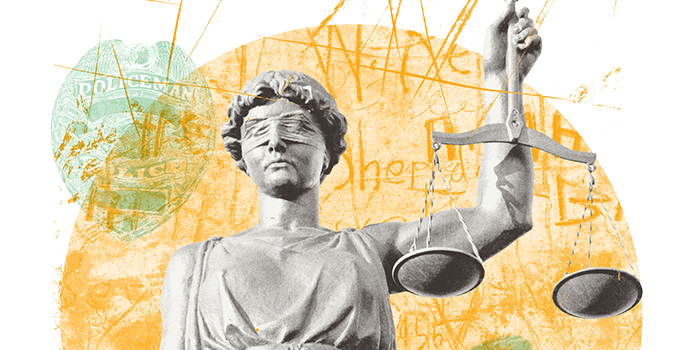
Oliva v. Nivar
What's at Stake
Whether individuals can challenge the conduct of federal officials engaged in standard law enforcement operations as unconstitutional under Bivens or whether such claims present a new context unless they involve narcotics officers “manacling the plaintiff in front of his family in his home and stripsearching him in violation of the Fourth Amendment,” as the Fifth Circuit held.
Summary
The ACLU joined a diverse group of educational, civic, and law-enforcement organizations that span the ideological spectrum to file a brief in support of certiorari because the Fifth Circuit’s decision in this case undermines citizens’ ability to bring damages actions against federal officers who violate fundamental Fourth Amendment rights. Amici include the Cato Institute, DKT Liberty Project, and Law Enforcement Action Partnership.
In this case José Oliva, an American military veteran and seventy years old retiree from a career in law enforcement, was slammed to the ground and violently handcuffed by federal police when going through security at a Veterans Affairs hospital, on his way to a dental appointment. The use of force was unprovoked. A video of the incident is available here. Mr. Oliva has since undergone two shoulder surgeries and treatment for persistent ear and throat issues as a result.
He sued the officers, alleging Fourth Amendment claims under Bivens. The Fifth Circuit held that Mr. Oliva could not sue the federal officers because Bivens claims are limited to situations involving the same facts as Bivens: narcotics officers “manacling the plaintiff in front of his family in his home and strip-searching him.” According to the Fifth Circuit, unless an individual finds himself handcuffed in his apartment in front of his family by narcotics officers, he has no Fourth Amendment remedy against federal officers in Texas, Louisiana, or Mississippi.
In this amicus brief, we argue that the ability of private parties to sue federal government officials who infringe their rights is critical to enforcing the Fourth Amendment’s bounds on federal power. The benefits of such so-called Bivens actions redound not only to the individuals whose rights are vindicated, but serve a wide array of systemic interests—from exposing individual misconduct and institutional deficiencies in government agencies to incenting policymakers to adopt reforms to prevent future abuses. They can also provide critical information to the public. Moreover, denying aggrieved individuals a day in court and sweeping their allegations under the rug will only exacerbate public distrust in law enforcement, at a time when it is at a historic low.
Legal Documents
-
04/07/2021
Oliva v. Nivar- Amicus Brief from the ACLU and others
Date Filed: 04/07/2021
Download Document